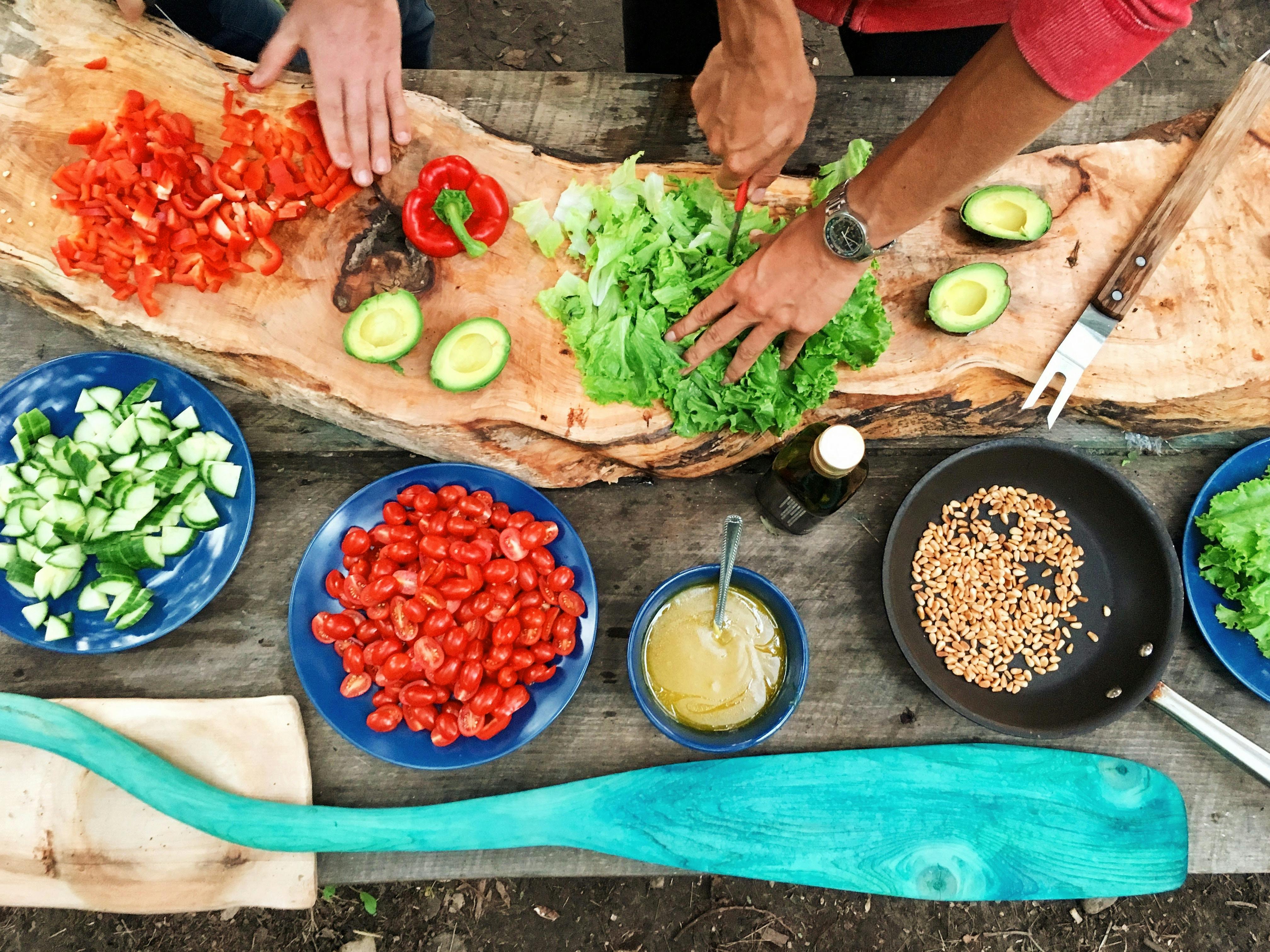
Boost Your Memory Through Nutrition-Based Study Routines
Balanced meals play a crucial role in supporting memory. Pairing certain foods with your study sessions can help you remember information more clearly. Nutrient-rich snacks and well-timed meals provide your brain with the fuel it needs to stay alert and focused. When you create a routine that includes smart food choices, you set yourself up for greater success in learning and retaining new material. Small habits, like choosing snacks that are good for your brain and planning meals around your study schedule, can make it easier to absorb new facts, recall formulas, and keep your concentration steady.
Follow these tips to build a nutrition-based study plan that works. You’ll find quick recipes, nutrient guides, and timing hacks. Each section dives into practical steps. You can apply them right away and track your progress.
Key Nutrients That Support Memory
- Omega-3 Fatty Acids: Found in fatty fish and walnuts. These fats strengthen neuron connections.
- B Vitamins: Leafy greens and whole grains deliver B6, B9, and B12. They boost neurotransmitter production.
- Antioxidants: Berries, dark chocolate, and green tea supply flavonoids. They protect brain cells from stress.
- Choline: Eggs and soy products offer choline. It helps form acetylcholine, a key chemical for memory.
- Magnesium: Pumpkin seeds and legumes contain magnesium. It regulates synaptic plasticity.
Combine these nutrients daily. Simple swaps—like replacing white rice with quinoa or snacking on a handful of almonds—make a big difference. Focus on whole foods instead of processed options to get maximum benefit.
Track your intake with a food journal. Note which foods you eat before high-impact study blocks. Compare recall scores on quick quizzes to spot trends. Over time, you will see which nutrients deliver peak results.
Designing Balanced Study Meals
- Plate Foundation: Start with a lean protein. Grilled chicken, tofu, or beans work well.
- Color Boost: Add vibrant vegetables. Bell peppers, spinach, and beets offer essential micronutrients.
- Smart Grains: Include a serving of whole grains like brown rice or oats. They supply steady energy.
- Healthy Fats: Top with avocado slices or drizzle olive oil. These fats support brain cell structure.
- Flavor Details: Season with turmeric and black pepper. Turmeric’s curcumin fights inflammation when paired with piperine.
Use meal-prep sessions on weekends. Cook proteins in bulk, roast a tray of veggies, and portion grains. Store them in clear containers so you can grab balanced meals on study days. This habit saves time and keeps choices consistent.
If you want variety, try theme bowls. Prepare a Mediterranean mix one day and a spicy Mexican bowl another. Flavor plays a key role in sticking to your routine. Meals feel fresh, so you keep to your plan.
Timing Your Nutrition for Peak Focus
When you eat influences concentration as much as what you eat. Eat meals 60 minutes before intense study. This window allows your system to digest without causing drowsiness. Test different time gaps to find what works best for you.
Plan a mid-session snack 90 minutes into your study. Choose options that are easy to digest and keep glucose stable. A small *Kind* bar and a handful of blueberries fit well. They give a boost without causing a crash.
Stay hydrated. Brain function drops when you lose just 2% of your body weight in water. Keep a water bottle nearby. Add lemon slices or mint leaves to make sipping more appealing.
Integrating Study and Snack Breaks
Scheduled breaks improve retention. Use a timer—study for 25 minutes, then take a 5-minute snack break. This pattern prevents fatigue and keeps your mind sharp. Change snack ideas often to avoid boredom.
Pair healthy treats with quick movement. After nibbling on baby carrots and hummus, stand up and stretch. A short walk to the window or a set of calf raises helps revive blood flow to your brain.
Prepare snacks in advance. Keep pre-portioned bags of mixed nuts, freeze-dried fruit, and whole-grain crackers within reach. If you feel tempted by chips or candy, these options are ready to fill the gap.
Long-Term Habits for Lasting Benefits
Make this plan part of your lifestyle. Schedule weekly grocery runs with a list focused on foods that support brain health. Stick to staples like salmon, kale, eggs, lentils, and walnuts. This list ensures you always have key ingredients on hand.
Use a habit tracker app or journal to log your meals, snacks, and study times. Review your patterns every Sunday. Identify days when your recall dips. Adjust your meals or snack timing accordingly. This data-driven approach refines your routine over months.
Try meal kits like *HelloFresh* to discover new recipes. Rotate your plan options within those services. You will find dishes that combine flavor, convenience, and mental benefits.
Eat purposefully. Focus on nutrient density, timing, and consistency. These elements work together to help you remember facts and stay alert. Adjust your routine as needed.
Combine good nutrition with regular sleep and exercise to improve your memory. Try one new tip each week and track your progress. These habits will become part of your routine over time.